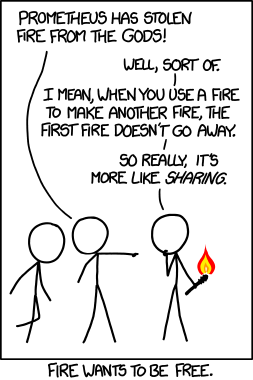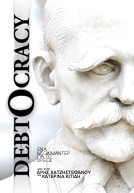NSA: What is there to be done?
Should we worry. No, we shouldn’t worry. We should be angry, because this is wrong, and it’s rude, and it should not be done. But that’s not going to really change the situation. What’s going to change the situation for the rest of the world is to try to steer away from systems built in the United States. And that’s much easier said than done. How do you do that? A single country, any single country in Europe cannot replace and build replacements for the U.S.-made operating systems and cloud services. But maybe you don’t have to do it alone. Maybe you can do it together with other countries. The solution is open source. By building together open, free, secure systems, we can go around such surveillance, and then one country doesn’t have to solve the problem by itself. It only has to solve one little problem. And to quote a fellow security researcher, Haroon Meer, one country only has to make a small wave, but those small waves together become a tide, and the tide will lift all the boats up at the same time, and the tide we will build with secure, free, open-source systems, will become the tide that will lift all of us up and above the surveillance state.
Watch the complete lecture “How the NSA betrayed the world’s trust — time to act”, given by Mikko Hypponen, dem Forschungsvorstand der finnischen IT-Sicherheitsfirma F-Secure. And Hypponen’s list for further watching – with fish.









 For the first time in Greece a documentary produced by the audience. “Debtocracy” seeks the causes of the debt crisis and proposes solutions, hidden by the government and the dominant media. The documentary will be distributed free by the end of March without usage rights and broadcasted and subtitled in at least three languages.
For the first time in Greece a documentary produced by the audience. “Debtocracy” seeks the causes of the debt crisis and proposes solutions, hidden by the government and the dominant media. The documentary will be distributed free by the end of March without usage rights and broadcasted and subtitled in at least three languages. 